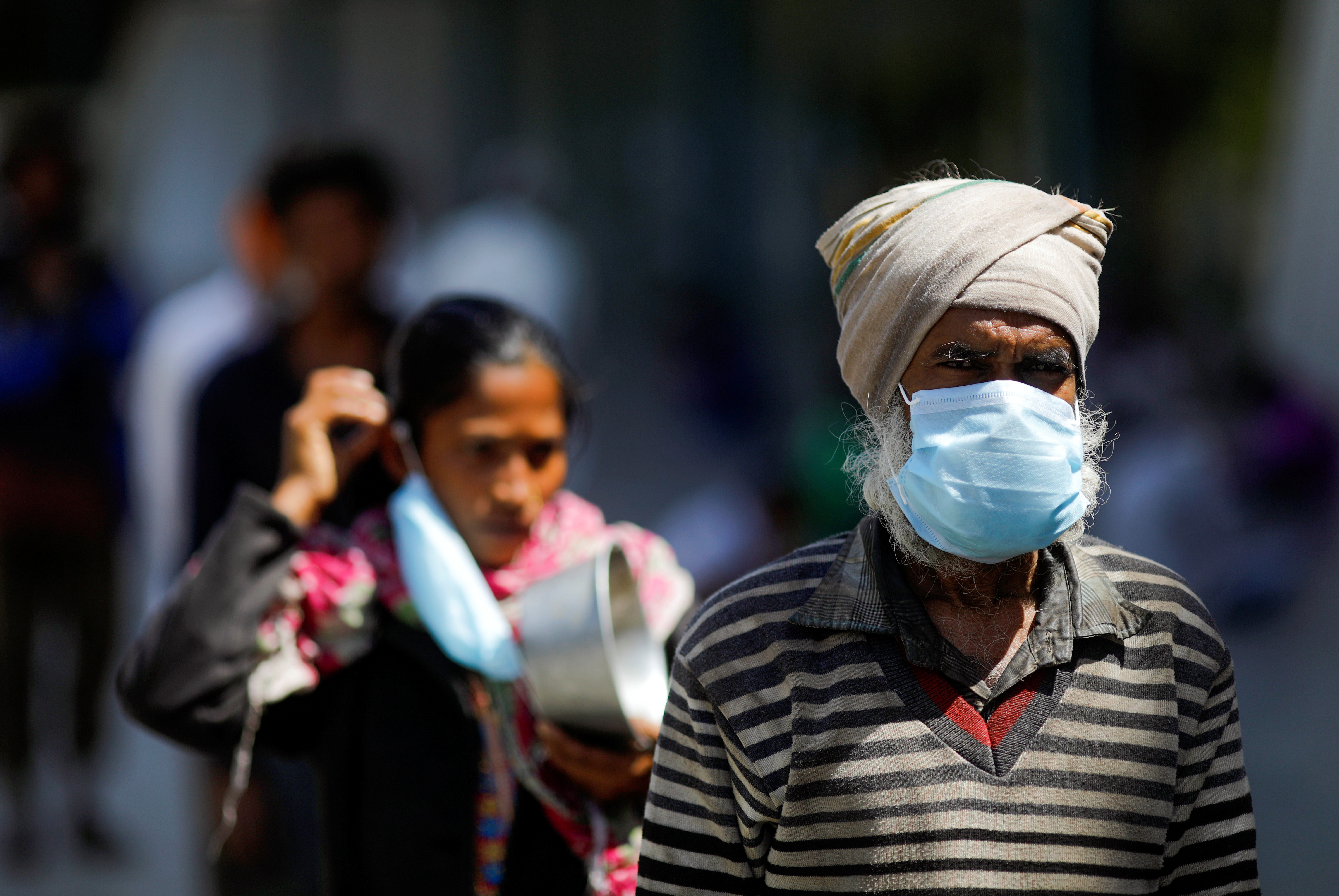‘I am so afraid’: India’s poor face world’s largest lockdown
The street peddler watched the prime minister’s speech on a battered TV, with her family of five crowded around her in a one-room house with no toilet and no running water. It’s squeezed into a Mumbai shantytown controlled by an obscure Mumbai organised crime family.
Mina Jakhawadiya knew that outside, somewhere in India, the coronavirus had arrived, wending its way through this sprawling nation of 1.3 billion people. But the invisible danger seemed far away.
Then suddenly it wasn’t.
“Every state, every district, every lane, every village will be under lockdown” for three weeks, Prime Minister Narendra Modi told the nation on March 24, giving India four hours’ notice to prepare. “If you can’t handle these 21 days, this country and your family will go back 21 years.”
As governments around the world try to slow the spread of the coronavirus, India has launched one of the most draconian social experiments in human history, locking down its entire population -- including about 176 million people who struggle to survive on $1.90 a day or less. Modi’s order allows Indians out of their homes only to buy food, medicine or other essentials. No going to work. No school. No playgrounds.
India’s handling of the lockdown and the ever-spreading virus is a test for the developing world, offering clues to how countries from Bangladesh to Nigeria can fight COVID-19 without forcing their poorest citizens into even worse hunger and further destitution.
While India’s economy has boomed over the past two decades, pulling vast numbers out of extreme poverty, inequality also has grown.
Those near the top can hunker down in gated apartment complexes, watching Bollywood movies on Netflix and ordering food deliveries online. But not Jakhawadiya, who makes a living selling cheap plastic buckets and baskets with her husband on the streets of Mumbai.
For her, the order means 21 days in a 6-by-9-foot room with five people, no work, a couple days of food and the equivalent of about $13 in cash.
She looked at Modi speaking on their little television, spattered with stickers left over the years by one child or another.
“I am so afraid,” she thought.






